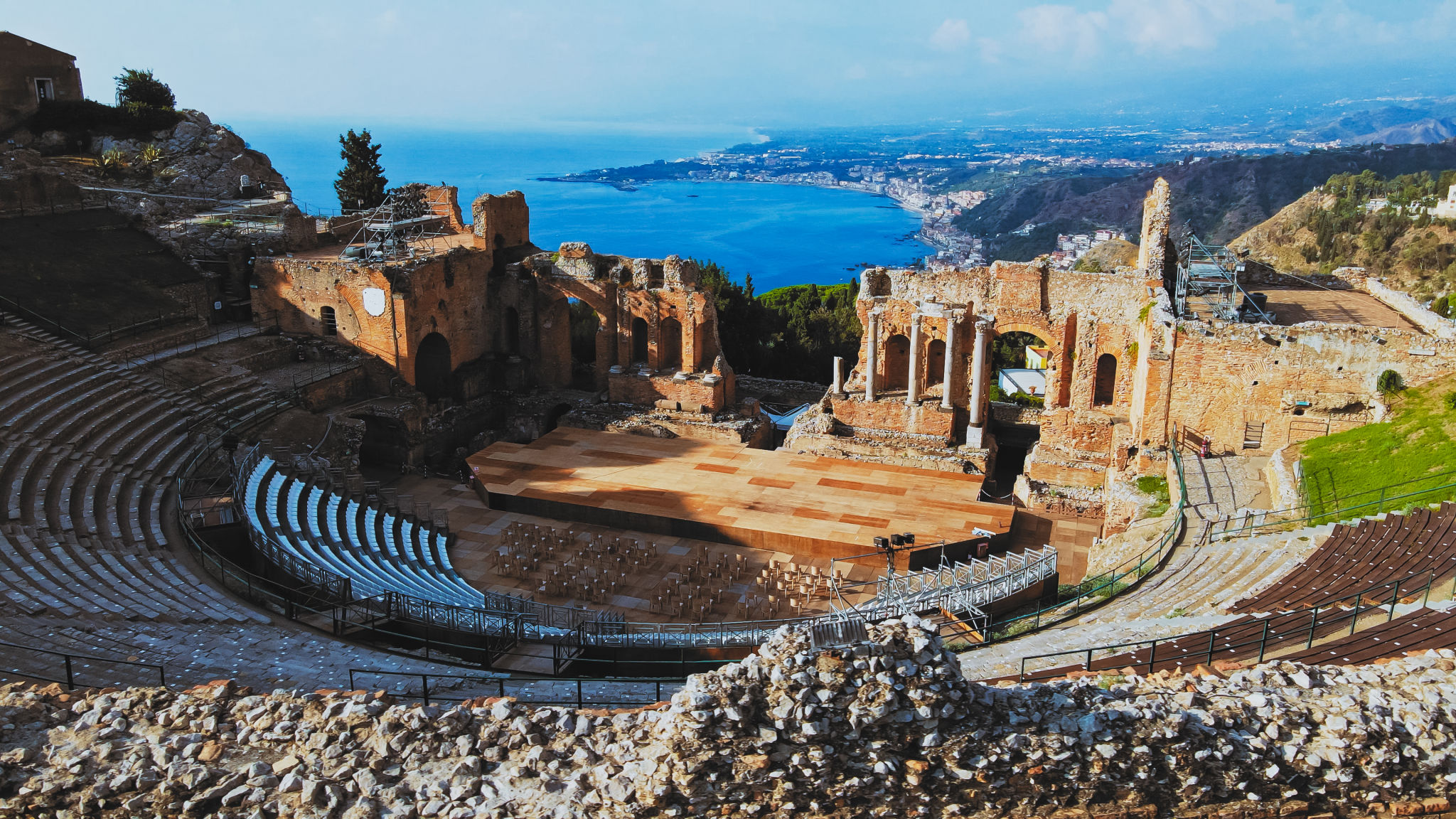Seasonal Travel in Greece: When to Visit Historic Destinations
Discover Greece's Timeless Charm
Greece is a country steeped in history, offering travelers a glimpse into ancient civilizations and breathtaking landscapes. From the iconic ruins of Athens to the majestic monasteries of Meteora, Greece's historic destinations are best experienced at certain times of the year. Choosing the right season for your visit can enhance your experience, providing more comfortable weather and fewer crowds.

Spring: A Blossoming Adventure
Spring in Greece, from April to June, is an ideal time to explore its historic sites. The weather is mild, with temperatures ranging from 15°C to 25°C (59°F to 77°F), making it perfect for lengthy explorations. The landscapes burst into color as wildflowers bloom across the countryside, adding a vibrant backdrop to ancient ruins.
During this season, visit the Acropolis in Athens early in the morning to avoid crowds and enjoy a serene experience. Additionally, the archaeological site of Delphi, nestled on the slopes of Mount Parnassus, is particularly enchanting amid spring's lush greenery.
Summer: A Vibrant Cultural Experience
The summer months of July and August bring warmer temperatures, often exceeding 30°C (86°F). While this is peak tourist season, it also offers a unique opportunity to partake in cultural events and festivals. Many historic sites host evening performances, providing a magical setting as the sun sets.
Consider visiting the ancient theater of Epidaurus to watch a classic Greek drama under the stars. Although the heat can be intense during the day, evenings present a cooler, atmospheric experience that shouldn't be missed.

Autumn: A Tranquil Exploration
Autumn, from September to November, is another excellent time to visit Greece's historical sites. The weather remains pleasant, with temperatures gradually cooling, allowing for unhurried exploration. This is also a great time to engage with locals and experience Greek hospitality as the tourist crowds thin out.
Explore the UNESCO World Heritage Site of Meteora, where monasteries perch atop towering rock formations. The autumn foliage adds to the beauty of this otherworldly destination. Additionally, the island of Crete offers a blend of history and natural beauty, with fewer visitors during this season.
Winter: A Peaceful Retreat
Winter in Greece, from December to February, offers a quieter experience for those interested in its historical landmarks. The weather is cooler and can be unpredictable, but this means fewer tourists and more intimate encounters with Greece’s rich history.
Athens remains lively during winter, with many museums and galleries open year-round. Consider visiting the Archaeological Museum of Thessaloniki or exploring the ancient city of Mycenae in peace. While some islands may have limited access during winter months, the mainland offers plenty of historical sites to discover.

Tips for Planning Your Visit
- Research seasonal events: Check local calendars for festivals and special events that coincide with your visit.
- Pack appropriately: Seasonal weather can vary, so ensure you have suitable clothing and gear for your explorations.
- Consider guided tours: Expert guides can enhance your understanding of Greece's rich history and culture.
No matter when you choose to visit Greece, its historic destinations promise an unforgettable journey through time. By selecting the right season, you can tailor your experience to match your interests, ensuring that your trip is both enjoyable and enlightening.